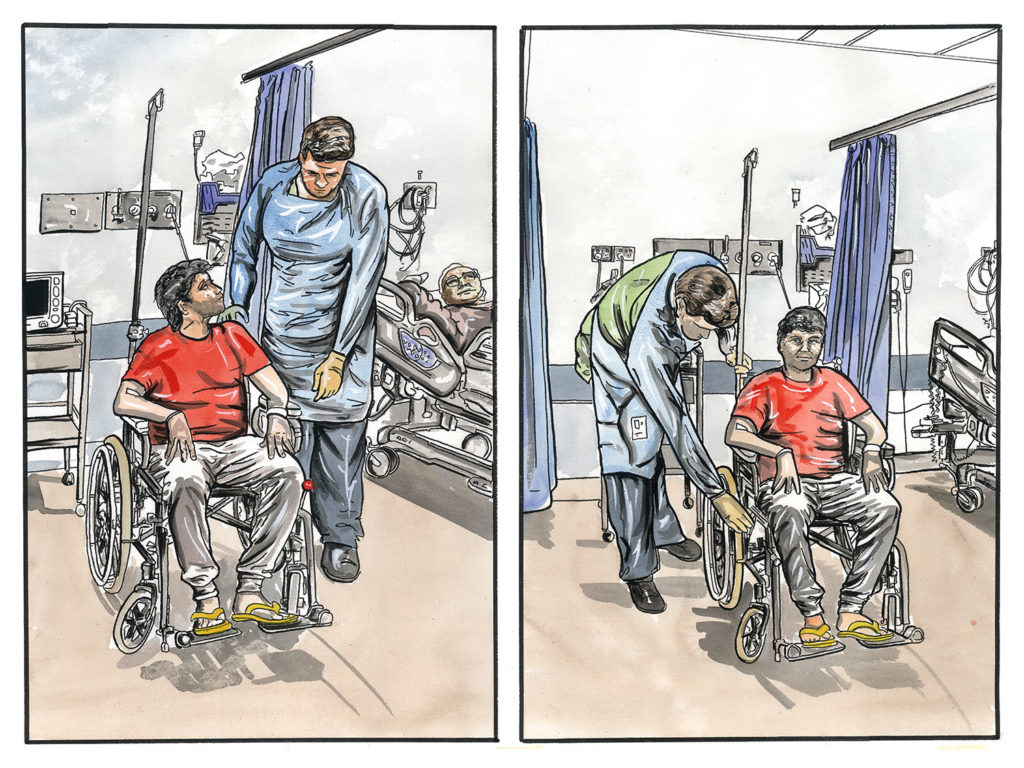
Hospital Porters
The role of hospital porters in New South Wales (NSW), Australia, holds a rich historical and cultural significance that is often overlooked. These unsung heroes play a vital role in the healthcare system, bridging the gap between patients, medical staff, and the physical infrastructure of hospitals. Understanding their historical and cultural importance sheds light on the evolution of healthcare in NSW and the pivotal role played by diverse communities in the region.
Historically, hospital porters have been a cornerstone of healthcare in NSW. Their origins can be traced back to the early days of colonial settlement when makeshift medical facilities were established to care for the sick and injured. Porters, often drawn from the ranks of convicts and later from various immigrant communities, were responsible for transporting patients, supplies, and medical equipment. Their role was physically demanding, requiring strength and resilience in an era when medical technology was rudimentary.
As NSW's healthcare system evolved, hospital porters continued to adapt. They became an integral part of the hospital workforce, assisting in patient transfers, maintaining hospital cleanliness, and offering comfort and support to patients and their families. Their dedication to their work contributed to the smooth functioning of healthcare institutions.
In addition to their historical significance, hospital porters also hold cultural importance in NSW. The state's multicultural fabric is reflected in the diversity of porters, with individuals from various backgrounds contributing their unique skills and perspectives. This cultural diversity not only enriched the profession but also fostered a sense of unity and inclusivity within the healthcare system.
Furthermore, the role of hospital porters is symbolic of the caring and compassionate nature of healthcare in NSW. They often form close bonds with patients and their families, providing emotional support during challenging times. This aspect of their work transcends the mere physical tasks they perform and highlights the human connection that is fundamental to healthcare.
In conclusion, the historical and cultural significance of hospital porters in NSW cannot be overstated. They have played an indispensable role in the development of the healthcare system in the region, adapting to changing times and demographics. Their contribution extends beyond their job descriptions, embodying the values of compassion, diversity, and community that define healthcare in NSW. It is essential to recognize and celebrate the vital role that hospital porters continue to play in the well-being of the people of NSW.